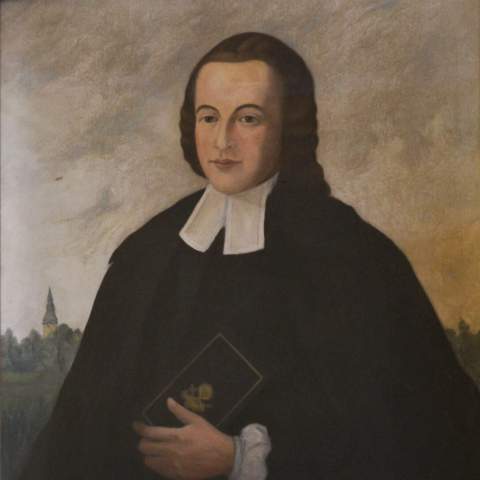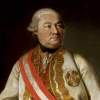
Sámuel Tessedik, an evangelical pastor and agricultural innovator, is a figure who is revered and respected by both Hungarian and Slovak people. However, there remains a lingering negative association among Hungarians in Slovakia, not due to Tessedik himself, but rather due to the actions of Czechoslovak authorities in 1948. In 1948, the Czechoslovak authorities renamed the village of Pered to Tešedíkovo, ostensibly in honor of Sámuel Tessedik. However, this decision was met with dissatisfaction by both the Hungarian residents of Pered and by Tessedik's legacy. The renaming of Hungarian village names was part of Slovakization efforts, and residents of Pered were unhappy with this change. In 2012, the residents of Pered held a referendum to officially restore the name Pered to their village. A majority of residents participated in the referendum, indicating their desire to reclaim their village's original name. However, despite the clear expression of the residents' will, the Slovak government did not heed their wishes and thwarted the effort to revert to the name Pered. Sámuel Tessedik dedicated most of his life to serving among the Slovaks, although he was proficient in Hungarian and likely German as well. His contributions to agricultural education and innovations earned him recognition and respect in both Hungarian and Slovak communities. Despite the unintended association with the renaming of Pered, Tessedik's legacy remains one of agricultural excellence and cross-cultural understanding.

